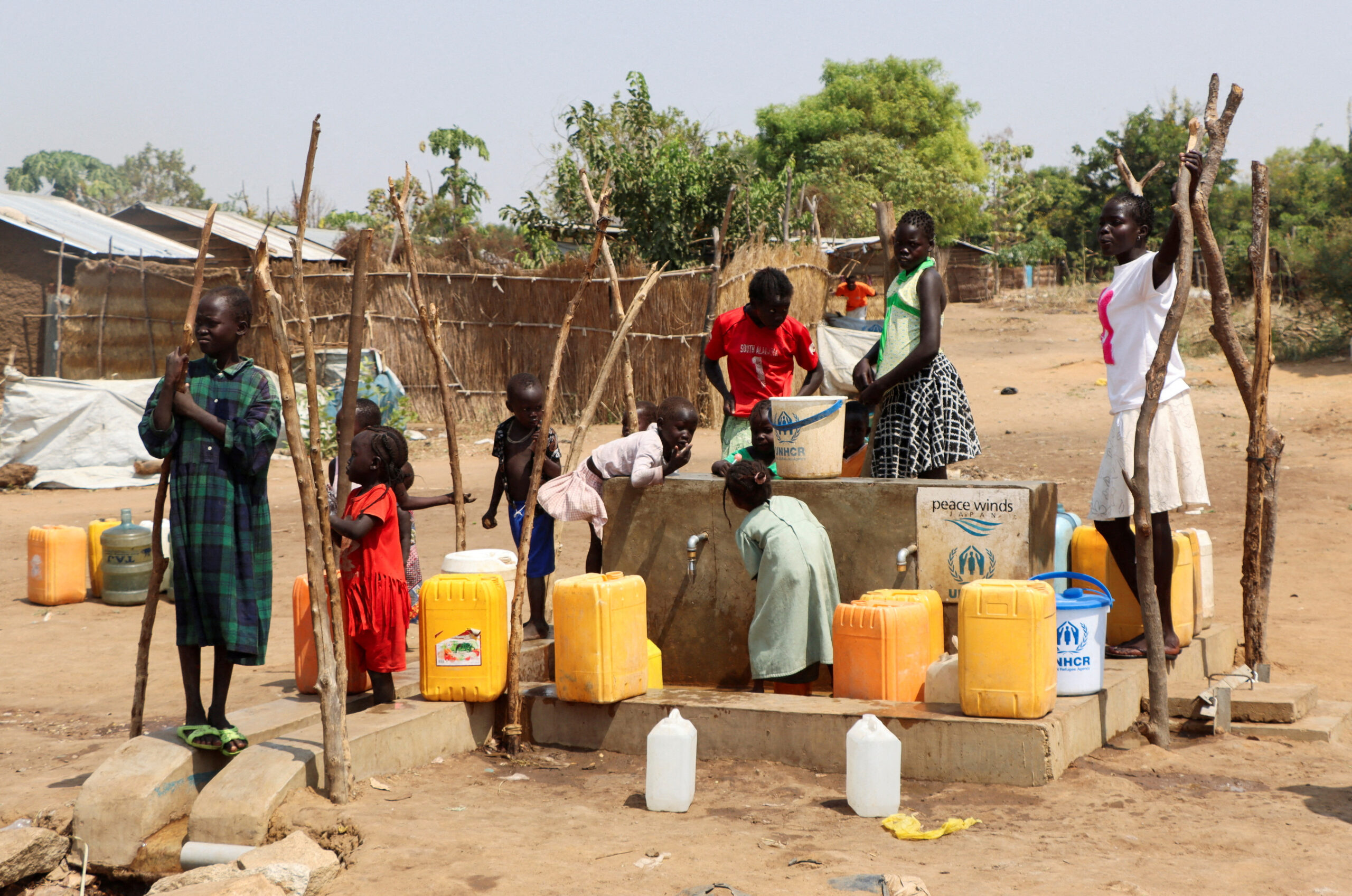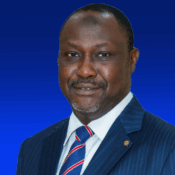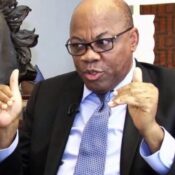
Political factions in Sudan gather in Cairo with little chance of reconciliation
Rival political groups in Sudan joined the first formal peace talks in Cairo on Saturday, nearly 15 months after hostilities started, but they acknowledged there was little chance of a speedy conclusion to the conflict.
The army-aligned Democratic Bloc declined to meet in tandem with the Taqaddum faction during the meeting, claiming that the latter is sympathetic to the Rapid Support Forces (RSF). The RSF did not come, nor did the army.
Since the conflict in Sudan broke out in April 2023, about 10 million people have been pushed from their homes, famine warnings have been issued, and waves of violence motivated by ethnicity have been mostly attributed to the RSF.
This week, the force moved across Sennar state, displacing more people. General Abdel Fattah al-Burhan, the leader of the army, responded by declaring that talks with the RSF or its backers would not take place.
The recently appointed foreign minister of Egypt, Badr Abdelatty, stated, “The stark deterioration in the humanitarian situation and the catastrophic consequences of this crisis, call on all of us to work to immediately and sustainably stop military operations.”
The end of last year saw the breakdown of US-Saudi Arabia sponsored talks between the army and RSF in Jeddah.
A coalition of armed organizations, civil society, and pro-democracy parties called Taqaddum has demanded that the war end. There are multiple armed group leaders fighting for the army-aligned Democratic Bloc.
At the beginning of the conference, the principal attendees were seated at opposite ends of the auditorium, despite Egypt’s ability to use its power to bring the gathering together. The two political parties only decided to establish a small subcommittee in order to draft a final communiqué that is anticipated by late Saturday.
According to Democratic Bloc leader and finance minister Jibril Ibrahim, “we told them not to have high ambitions from this meeting,” he told reporters.
“Given the situation on the ground, if we sit and eat and drink and laugh with the people who are allied and partners in the crimes that are happening, we would be sending the wrong message to our citizens and to our soldiers on the field,” he stated.
He continued by saying that unless the RSF leaves civilian areas in accordance with a deal reached in Jeddah last year and the United Arab Emirates stops providing material support to the RSF, an end to the conflict is not likely. Despite the UAE’s denials, U.N. experts have stated that allegations of such backing are plausible.
Abdalla Hamdok, the head of Taqaddum and a former prime minister, denied any connection between the alliance and the RSF, stating he was waiting for the army’s approval before meeting.
“One conference is not expected to resolve an issue this complex and profound… “It is important for us to remain patient and build on any positive outcomes that arise,” he told Reuters, expressing the same views as diplomats present at the conference.
The African Union has scheduled a second meeting for next week, which is one of several steps that U.S. Special Envoy Tom Perriello expressed hope will continue the momentum from Saturday’s negotiations.
All Categories
Recent Posts
Tags
+13162306000
zoneyetu@yahoo.com



